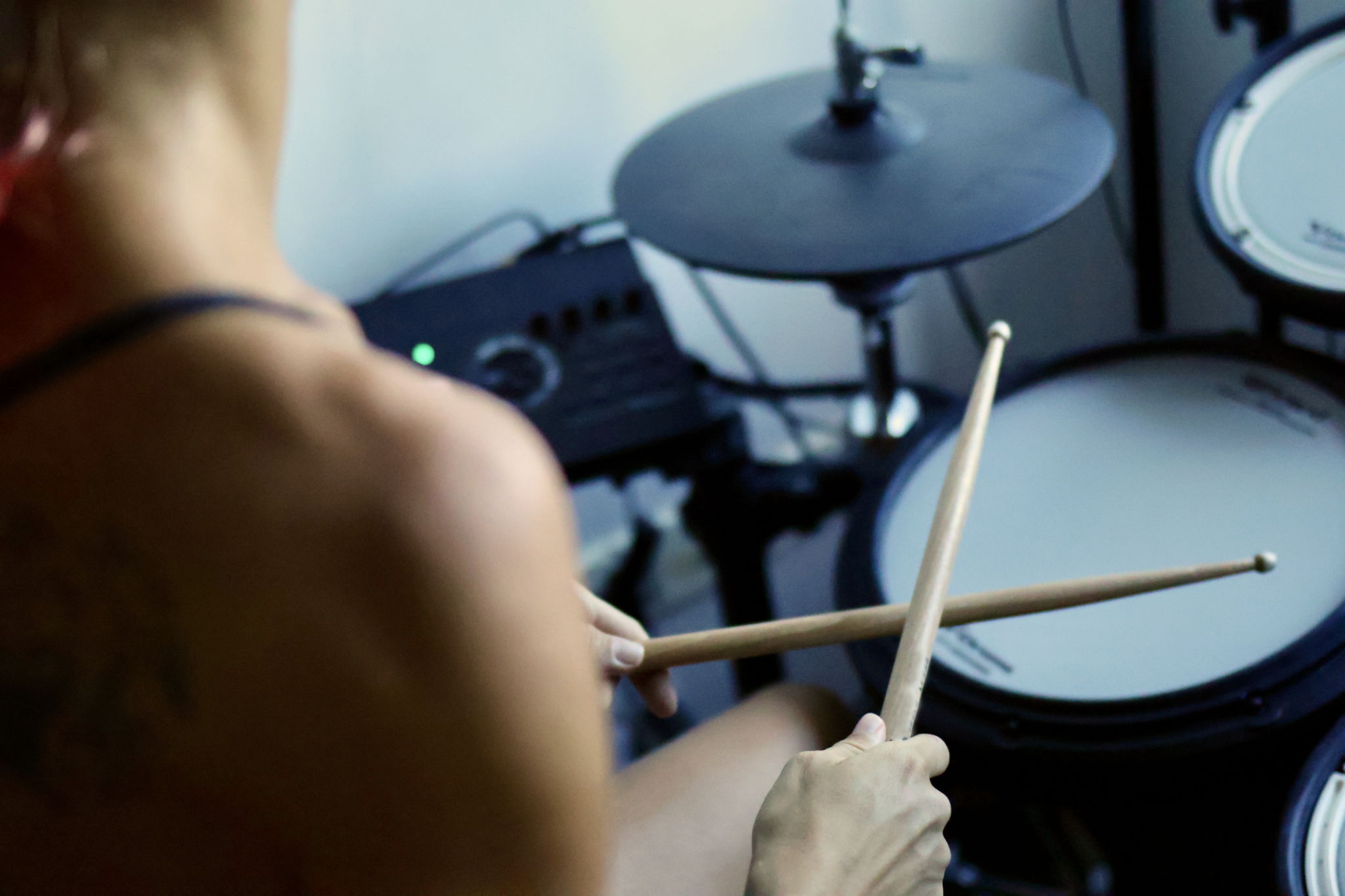Debunking Common Myths About Learning Jazz Drums
Introduction to Jazz Drumming
Jazz drumming is a fascinating and complex art form that has captured the imagination of musicians and listeners alike. Yet, it is often surrounded by a cloud of misconceptions that can deter aspiring drummers from exploring this vibrant genre. In this blog post, we aim to debunk some common myths about learning jazz drums and encourage more musicians to embrace its rhythmic richness.

Myth 1: You Need to Be a Musical Prodigy
One of the most persistent myths about learning jazz drums is that you need to be an exceptionally gifted musician. While natural talent can be beneficial, it's not a prerequisite for becoming a skilled jazz drummer. In fact, many successful jazz musicians started with just a basic understanding of rhythm and music theory. Dedication, practice, and a passion for jazz are far more important than innate talent.
Building Skills Over Time
Jazz drumming skills are developed over time through consistent practice and exposure to different styles. Beginners can start with simple exercises that focus on timing and coordination, gradually progressing to more complex rhythms and improvisation techniques. Remember, every accomplished jazz drummer was once a beginner.

Myth 2: Jazz Drumming Is All About Complex Solos
Another misconception is that jazz drumming is solely about performing intricate solos. While solos are an exciting aspect of jazz drumming, they are just one piece of the puzzle. A good jazz drummer knows how to support the band, maintain the groove, and enhance the overall musical experience.
The Role of a Jazz Drummer
The primary role of a jazz drummer is to provide a solid rhythmic foundation for the band. This involves understanding the nuances of swing, syncopation, and dynamics. By mastering these elements, drummers can contribute to the ensemble's sound and create a cohesive musical performance.

Myth 3: You Must Have Expensive Equipment
Many aspiring drummers believe that they need top-of-the-line equipment to play jazz drums effectively. While having high-quality drums and cymbals can enhance your sound, they are not essential for learning the basics of jazz drumming.
Starting with What You Have
Beginners can start with a basic drum kit and gradually upgrade their equipment as they progress. It's more important to focus on developing technique and musicality rather than relying on expensive gear. Affordable practice pads and electronic drum kits can also be excellent tools for practicing at home.
- Focus on technique over equipment
- Use practice pads for silent rehearsals
- Consider electronic drum kits for versatility

Myth 4: Jazz Drumming Requires Memorizing Complex Music Theory
While a basic understanding of music theory can be helpful, it is not necessary to memorize complex theory to play jazz drums. Jazz is an improvisational art form that thrives on creativity and expression. Drummers can learn to read charts and understand song structures without delving deep into theoretical concepts.
Embracing Improvisation
Improvisation is at the heart of jazz drumming. By listening to different jazz recordings and experimenting with various rhythms, drummers can develop their unique style. Engaging in jam sessions with other musicians is also an excellent way to hone improvisational skills and gain practical experience.
Learning jazz drums is an enriching journey that welcomes musicians of all skill levels. By dispelling these myths, we hope to inspire more drummers to explore the captivating world of jazz and discover the joy of creating music in this dynamic genre.
